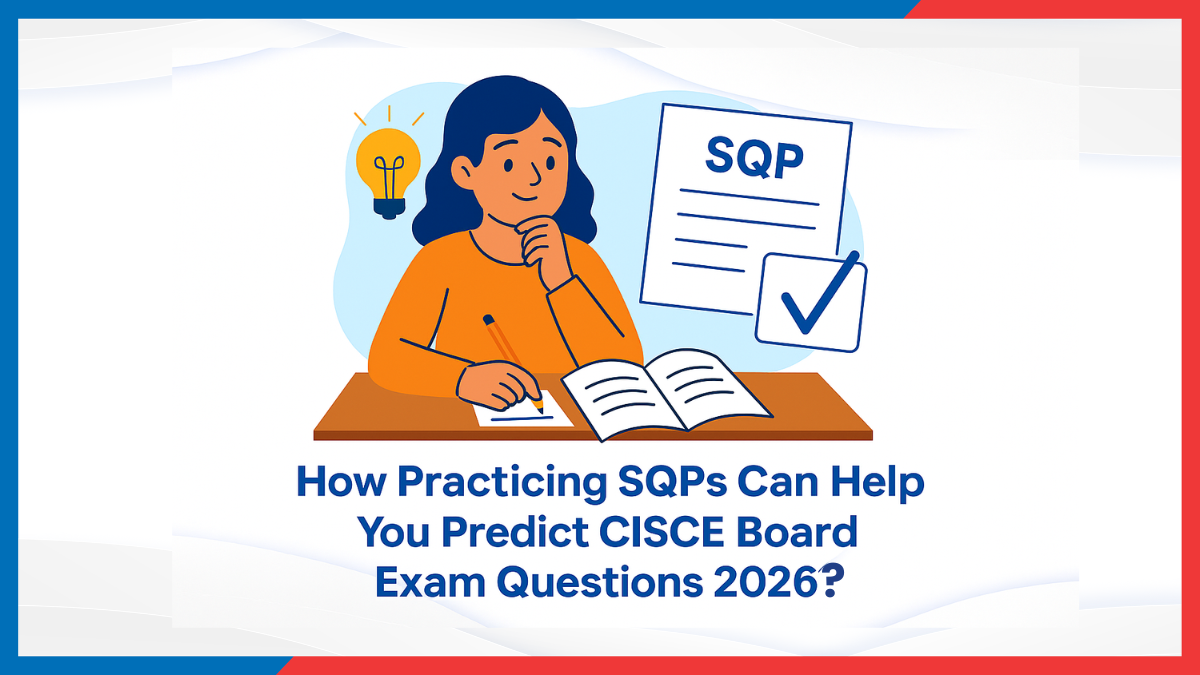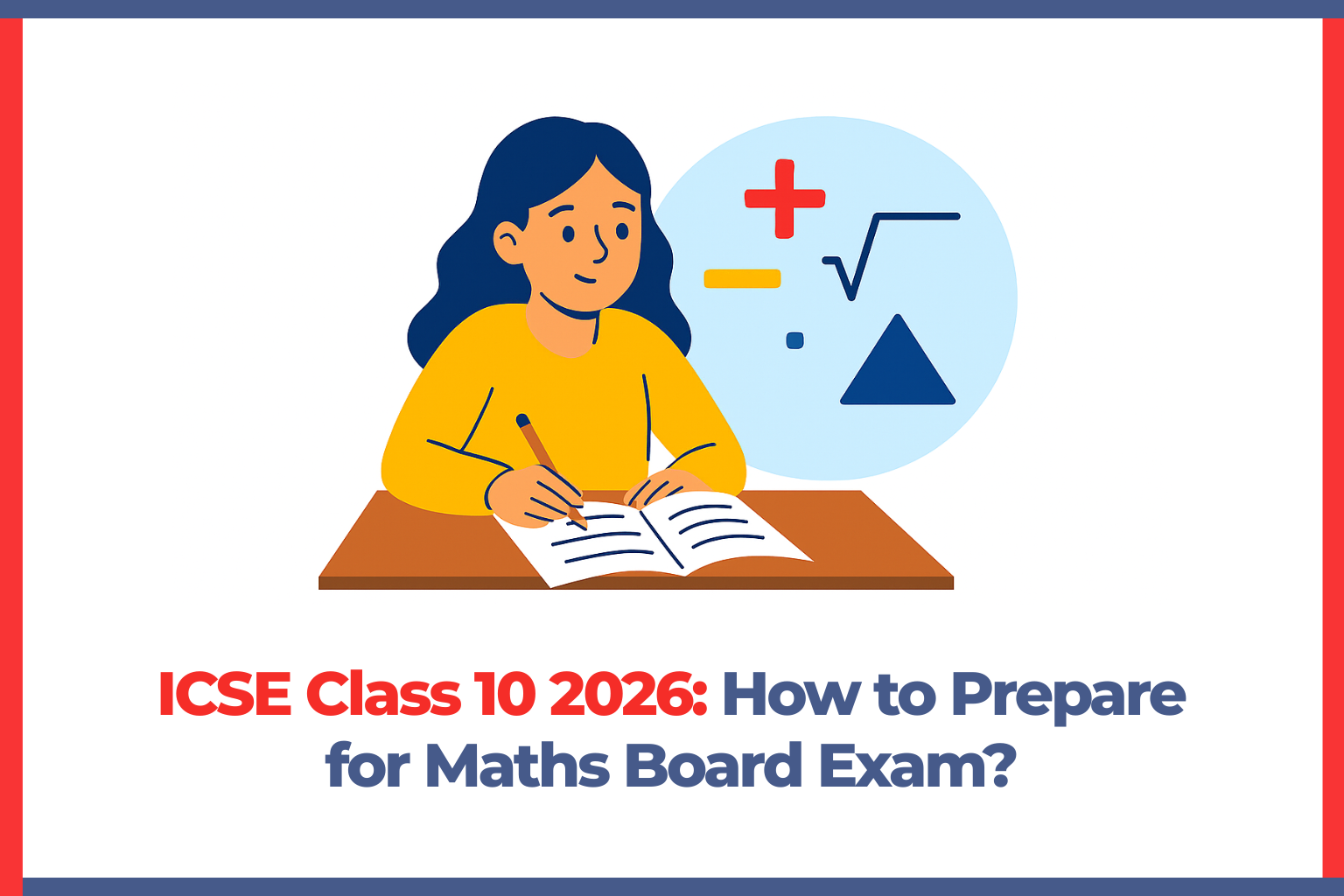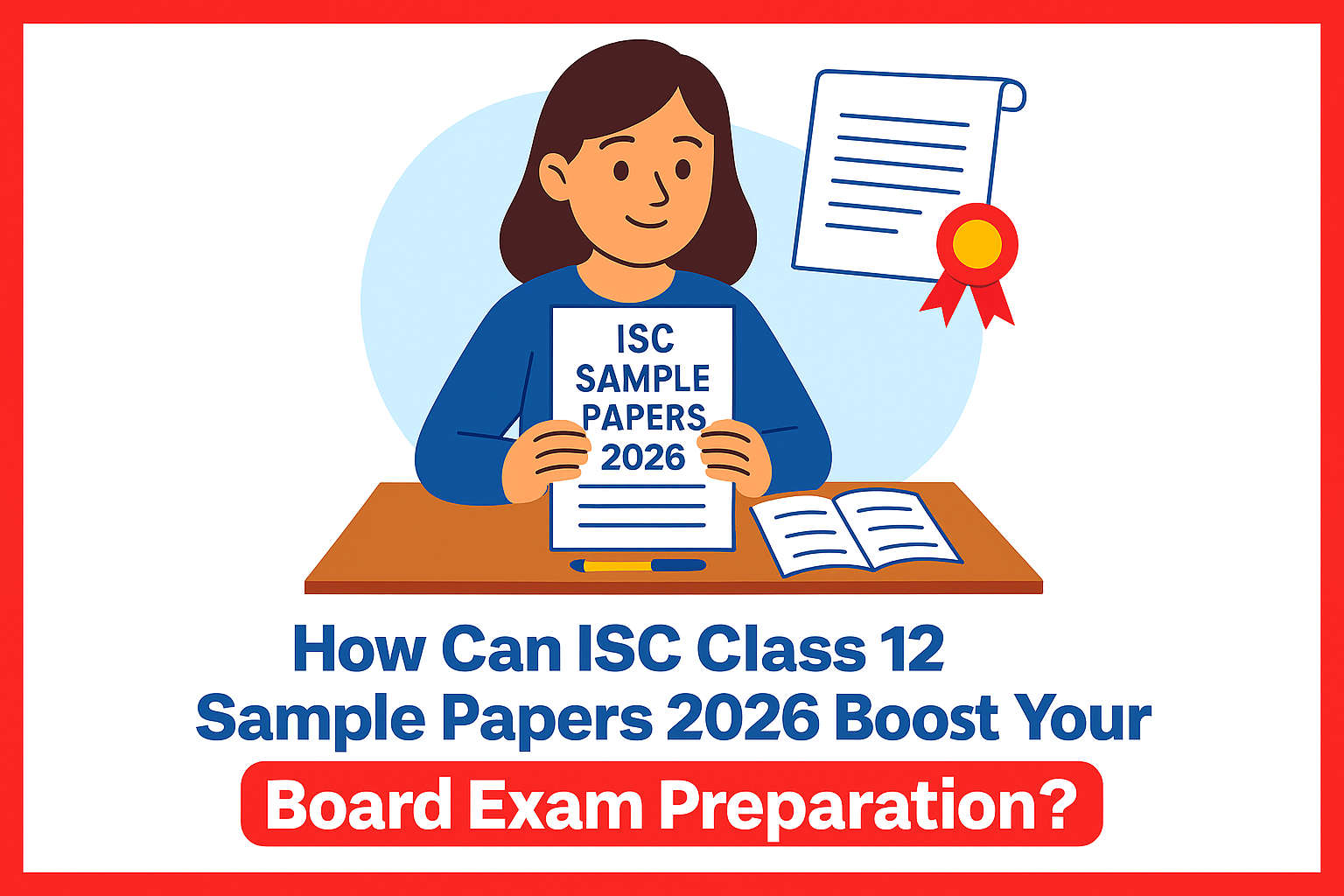Choosing the right education board is one of the most important decisions for students and parents. Two of the most popular boards in India are CBSE (Central Board of Secondary Education) and ICSE (Indian Certificate of Secondary Education). While both offer quality education, a common debate persists: Is CBSE harder than ICSE?
Let’s break it down in detail—examining syllabus structure, subject depth, scoring patterns, and more. If you're a parent trying to decide the best board for your child or a student curious about the differences, this article will help you get clear answers.
1. CBSE vs ICSE: The Basics
Before diving into which board is harder, let’s understand what each board represents.
CBSE is a national-level board recognized by the Government of India. It's followed by a vast number of schools across the country and is especially aligned with competitive exams like JEE, NEET, etc.
ICSE, on the other hand, is conducted by the CISCE (Council for the Indian School Certificate Examinations). It has a strong focus on English language proficiency and in-depth understanding of concepts.
2. Syllabus Structure & Subject Depth
CBSE
CBSE Books follows a concise and structured syllabus. It focuses more on Maths and Science, especially from Class 9 onwards. Subjects are taught in a manner that encourages application-based learning. The syllabus is also aligned with most entrance exams, making it easier for students to prepare for JEE, NEET, and other national-level exams.
ICSE
ICSE has a broader and more detailed syllabus. Subjects like English Literature, Geography, and History are taught with greater depth. The curriculum also encourages project-based and internal assessments more than CBSE. If you're preparing with ICSE Class 10 Books, you'll notice the level of detail required.
Verdict: ICSE is academically broader, while CBSE is more focused and exam-oriented. If you’re planning for competitive exams, CBSE may feel more streamlined. However, in terms of subject depth, ICSE can be more demanding.
3. Language Emphasis
ICSE gives a lot of importance to the English language—both grammar and literature. This builds strong communication skills early on.
CBSE also includes English, but the level of depth in ICSE is comparatively higher.
Verdict: If English fluency and literature are your priority, ICSE takes the lead. For students comfortable with a simpler English curriculum, CBSE is more manageable.
4. Assessment & Exam Pattern
CBSE
The question papers are mostly objective or short-answer based. The board also emphasizes NCERT textbooks, which are direct and concept-based. The marking scheme is relatively lenient. Students using the CBSE Class 10 question bank find it easier to predict exam patterns and practice accordingly.
ICSE
ICSE exams are more descriptive. The questions often test analytical and descriptive writing skills. Scoring in ICSE can be tougher due to stricter evaluation. Using an ICSE Class 10 question bank can help students get accustomed to this format.
Verdict: ICSE exams require more writing and explanation, while CBSE students can score better with precise answers. In this aspect, ICSE may seem harder to many students.
Read More - EXPECTED DATE FOR CBSE CLASS 10 BOARD RESULTS OUT: HERE'S HOW TO CHECK
5. Flexibility in Subjects
CBSE offers flexibility in subject choices, especially in senior secondary levels. For instance, students can take Maths with Humanities, or Biology without Physics.
ICSE is more rigid, with set subject combinations, and requires more compulsory subjects even in lower classes.
Verdict: If you're looking for flexibility and customization, CBSE is more student-friendly.
6. Competitive Exam Readiness
CBSE syllabus is closely aligned with entrance exams like NEET, JEE, NDA, etc. Students using a CBSE Class 10 question bank or sample paper for Class 10 often find the format similar to competitive exams.
ICSE students may need additional coaching for such exams due to different textbook references and question formats.
Verdict: For students aiming for competitive exams, CBSE is more supportive due to its alignment with national-level tests and easier availability of relevant books.
So, Is CBSE Harder Than ICSE?
Here’s the final takeaway:
|
Criteria |
CBSE |
ICSE |
|
Syllabus Depth |
Moderate |
In-depth and detailed |
|
Scoring |
Easy |
Relatively tough |
|
Language Focus |
Moderate |
Strong emphasis on English |
|
Competitive Exam Friendly |
Highly aligned |
Requires extra effort |
|
Subject Flexibility |
High |
Limited |
Final Thoughts
Whether CBSE is harder than ICSE depends on your goals. If your focus is cracking competitive exams and scoring high with clear concepts, CBSE is the smarter choice. It’s structured, flexible, and offers a wide range of online purchase options that make self-study easy.
On the other hand, if you love reading, writing, and diving deep into subjects, ICSE could be more engaging, though slightly more demanding. Investing in the right Class 10 books, whether for CBSE or ICSE, makes a big difference.
Whichever board you choose, success comes from dedication, the right guidance, and access to the right books—be it CBSE Class 10 question bank, ICSE Class 10 question bank, or sample paper Class 10. So take your time, choose wisely, and most importantly—keep learning!











